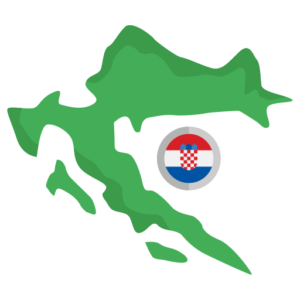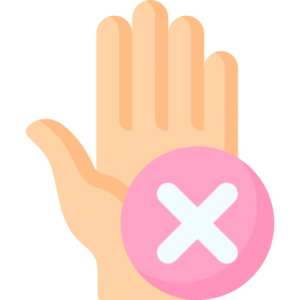- Casino News
- Industry News
Croatia Introduces Centralised Self-Exclusion System


Croatia Introduces Centralised Self-Exclusion System


Croatia has taken its first formal step into a new regulatory phase with the introduction of a state-managed self-exclusion registry that will eventually become compulsory for all licensed operators. This development signals a broader restructuring of how gambling is monitored and how information flows between public institutions, operators, and land-based venues. While the measure is still in its early stages, the framework around it reveals a more coordinated regulatory direction than the country has previously enforced.
The registry, named Registar Igrača, went live this week under the administration of the Croatian Institute of Public Health. By placing the system within a public health institution, the government has shifted the centre of responsibility away from individual operators toward a shared national structure. Once a person opts into the registry, their exclusion applies across all licensed platforms and premises in the country. This unified approach replaces fragmented procedures that previously differed from one operator to another.
This reform is one of several measures committed to by prime minister Andrej Plenković and the HDZ party. It arrives alongside a directive targeting betting terminals in cafés, bars, and other recreational spots. These self-service terminals, locally known as kladomati, must be removed. Their removal alters the widespread presence of informal betting access points, thereby narrowing the environments in which such products can operate legally. With kladomati gone, the government places greater emphasis on regulated venues that already fall under clearer forms of supervision.


The identity verification rules do more than add another administrative step. They reshape the rhythm of entry into gambling environments by making identification a formal precondition rather than a loose operational choice. The link to the new registry ensures that exclusion decisions, once made, follow an individual across venues without requiring repeated declarations.
Taken as a whole, the reforms demonstrate a coordinated reevaluation of how gambling activity should be positioned within the country’s regulatory framework. The introduction of a centralised self-exclusion database addresses consistency. The removal of kladomati adjusts the physical availability of gambling opportunities. Identity verification requirements formalise responsibilities that once varied widely across operators. Meanwhile, advertising controls influence how gambling is visually represented and portrayed through media.
Best Online Casinos
10 Recommended Online Brands On CasinoLandia That Will Enhance Your Gaming Experience
No results were found!








